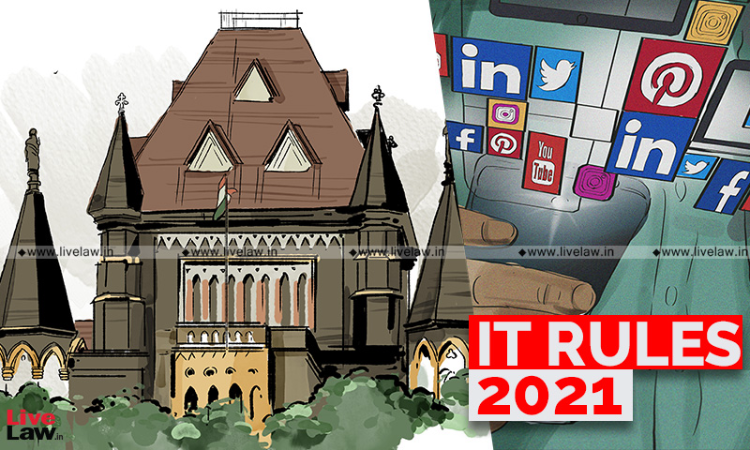The Union Government has filed a reply affidavit before the Bombay High Court opposing any interim relief to the petitioners who have challenged the Information Technology (Intermediary Guidelines and Digital Media Ethics Code) Rules, 2021 (IT Rules, 2021) saying that any relief may have a spiralling effect and "result in spread of fake news and legally prohibited content."The affidavit...

